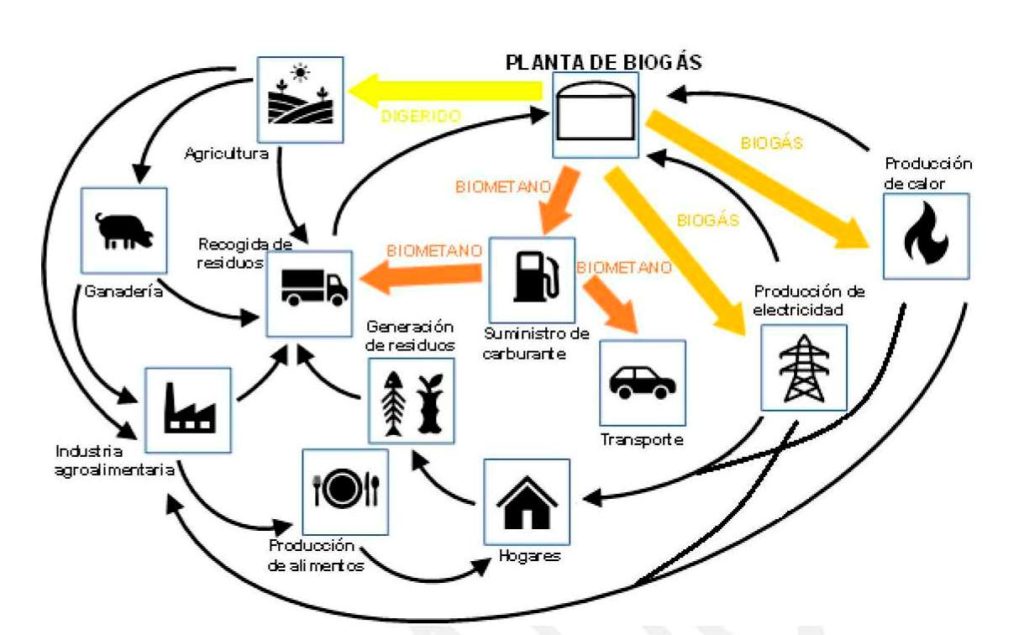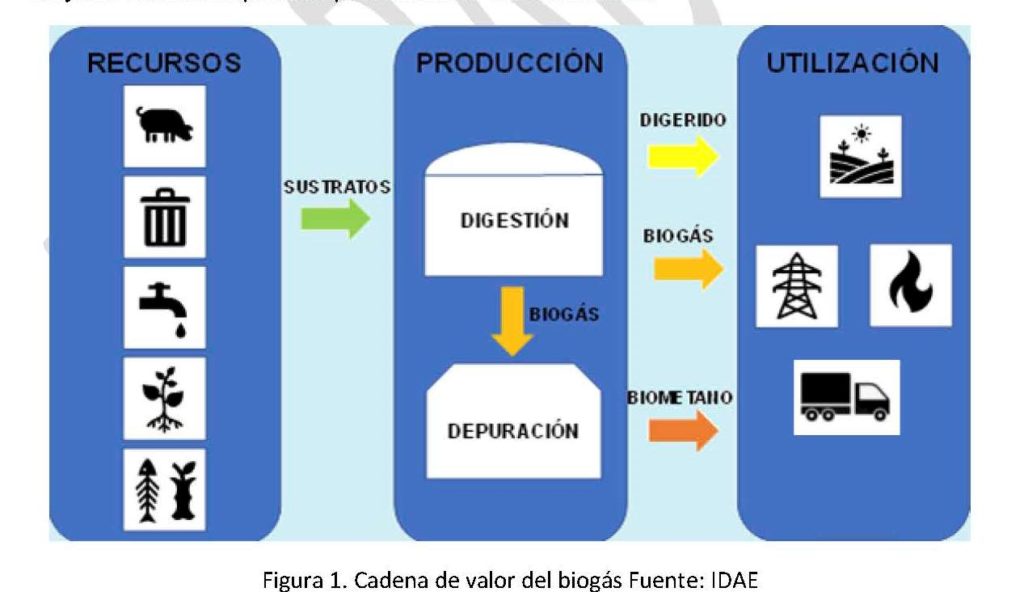
News | Industrial Combustion Equipment
All the latest News on our company
The Biogas market, rapid activation thanks to the Roadmap of this gas
Posted on: 18 / 07 / 2021 | 0 Comentarios | Tags: Biogas equipment manufacturers, Biogas market, Fabricantes de equipos de biogás, Mercado del biogás, Thermal use of biogas, Uso térmico del biogás
The biogas market could have an excellent springboard in The Biogas Roadmap. On July 15, 2021, the Spanish Ministry for the Ecological Transition and the Demographic Challenge has released the proposed Biogas Roadmap to public information, with 43 lines of action to multiply by 3.8 the sustainable production of this gas from renewable source until 2030.
Why is it a document of high interest for the energy industry? Unlike the rest of Europe, where there are about 19,000 installations, of which 725 inject biomethane into the gas network, biogas has undergone much less development in Spain so far. However, the country has great potential and large industries in the agricultural sector, agri-food and waste management, which can activate the market quickly.
Activation of the biogas market
In fact, the biogas value chain has a high degree of technological maturity, so market activation can be immediate. In order to promote this development in the short term, it is considered necessary to value the renewable origin of biogas through the creation of a system of guarantees of origin, which allows consumers and companies to differentiate their added value from fossil gases, and guarantee the corresponding sustainability standards. Likewise, depending on the evolution of the market, the possibility of establishing biogas penetration objectives in the medium term is proposed, directly reducing dependence and consumption of natural gas.
On the other hand, the measures for R + D + i included in this Roadmap will favor the development of Spanish energy and environmental R + D + i as a source of sustainable economic growth, contributing to the growth of Spanish companies and industries. present in the biogas value chain (mainly in the agro-industrial, livestock, agricultural or municipal waste management sectors, among others), both in technology and in possible solutions to waste management.
In Spain there are 146 biogas installations, with an energy production of 2.74 TWh. Of these operating plants, 46 are associated with landfills, 34 with wastewater treatment plants, 13 with the agricultural sector, seven with the paper sector and the rest with the chemical, agrifood and other sectors. Only one facility, located in Madrid, converts biogas into methane and injects it into the gas pipeline network.
Biogas value chain
The following sections describe the main aspects of each of the stages of the biogas value chain:
- Obtaining the resources for their generation
- Biogas production, a process in which a so-called digested material is also generated
- In cases where it is technically or economically feasible, the purification of biogas to biomethane
- Transportation to the point of consumption (when it is not a question of on-site production and consumption, which reduces transport costs and environmental footprint
- Use of the materials obtained (for energy use in the case of biogas and biomethane, and as a fertilizer product, in the case of digested)
The use of biogas involves a wide variety of agents that range from farmers, ranchers, industries and municipal entities to energy promoters and fertilizer manufacturers through manufacturers of biogas equipment, engineering and construction companies, among others.
In the technological processes of biogas production, purification to biomethane, energy use of biogas / biomethane and use of the digested, atmospheric pollutants will be emitted, so they must always be carried out using the Best Available Techniques to minimize these emissions.
Challenges and opportunities for biogas development
The Roadmap does not lose sight of the focus on the economic sphere, because biogas can provide abundant quality resources, in a stable and affordable way, and applying a sustainable management based on proximity that does not increase the carbon footprint during the processes. of production, transport and consumption. It also focuses on anaerobic digestion technology, the most mature to obtain biogas from organic matter from municipal waste and from agri-food industries, from sewage sludge, from crop residues, livestock manure … ….
With the aim of boosting the market, the Roadmap includes five lines of action: Regulatory Instruments, Transversal Economic, Promotion of R + D + i and Sectorial Instruments. Among the latter, the potential establishment of annual penetration targets in the sale or consumption of biogas stands out, with mandatory quotas. In addition, it is proposed to promote the production of renewable gas in areas with abundant raw materials -where there is an agri-food industry or waste treatment and composting plants-, together with measures to promote either on-site consumption -in fleets of vehicles, in thermal uses or in the production of hydrogen- or the substitution of fossil gas transported in gas pipelines, whenever it is economically viable.
The application of the measures of the Biogas Sheet estimates that biogas production in 2030 can multiply by 3.8 that registered last year to exceed 10.4 TWh. According to forecasts, 45% of biogas production in 2030 would be consumed directly, in thermal or electrical uses, especially in industry, while the remaining 55% would be transformed into biomethane for use in heavy mobility -for For example, in municipal cleaning or waste collection fleets – or it could be injected into the network if it is economically profitable to do so: around 1% of the gas consumed in 2030 in this way should come from renewable sources, thereby displacing gas from fossil origin.
The deadline for submitting observations on the Roadmap ends on September 15, 2021.




